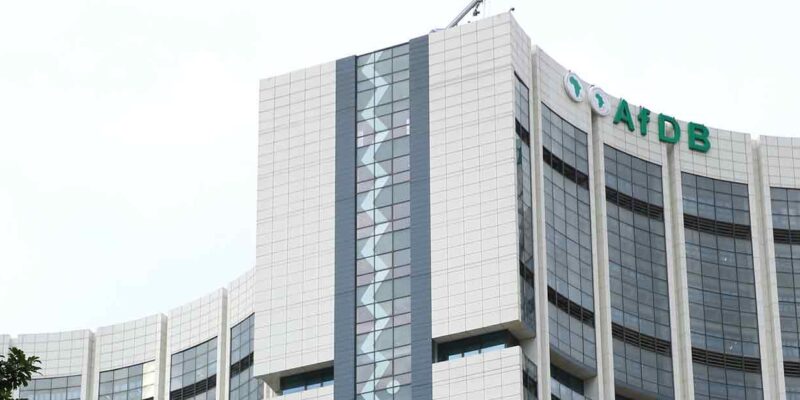The African Development Bank (AfDB) has approved US$11.7 million to facilitate access to fertilisers for African farmers under its 2023 operations.
The budgetary allocation to the African Fertiliser Financing Mechanism (AFFM) adds up to US$16.4 million extended to the Facility to support its 2023 budget.
According to a statement from the bank, the recipient countries were Zimbabwe (US$4.3 million), Côte d’Ivoire (US$2 million), and Ghana (US$2 million).
“For 2023, it plans to implement trade credit guarantee schemes totaling US$9.7 million in Tanzania, Uganda, Mozambique and Kenya.
“Three more new projects could be launched in Senegal, Zambia and Ghana if the United States Agency for International Development (USAID) follows through on its US$15 million commitment to the AFFM,” AfDB stated.
Read more: Hichilema envisions food security, as $600 million urea fertiliser, ammonia plant launched
One of the objectives of AFFM is to ensure proper use of fertilisers, increase agricultural productivity and improve soil conditions.
“AFFM will continue to work with the International Fertiliser Development Centre (IFDC) and the Alliance for a Green Revolution in Africa (AGRA) on initiatives to improve fertilizer production, trade and use launched in 2021.
“It will also conduct an in-depth analysis of fertilizer policy in at least ten African countries, which will map the current situation, identify gaps and prepare an action plan. The aim is to support policy orientations that will address the identified shortcomings,” AfDB stated.
WARNING! All rights reserved. This material, and other digital content on this website, may not be reproduced, published, broadcast, rewritten or redistributed in whole or in part without prior express permission from ZAMBIA MONITOR.












Comments